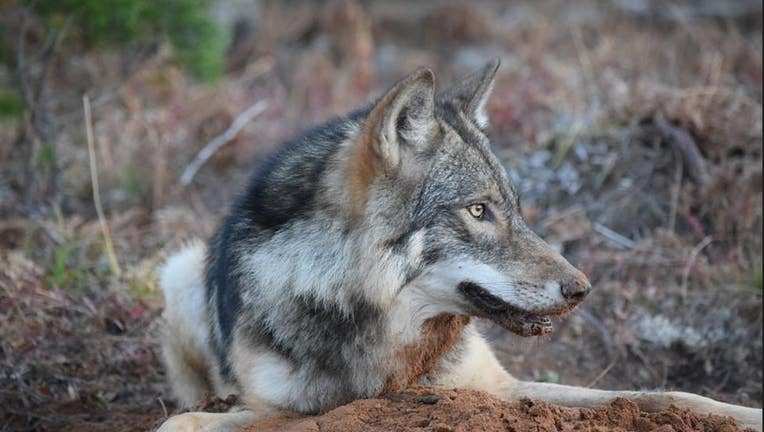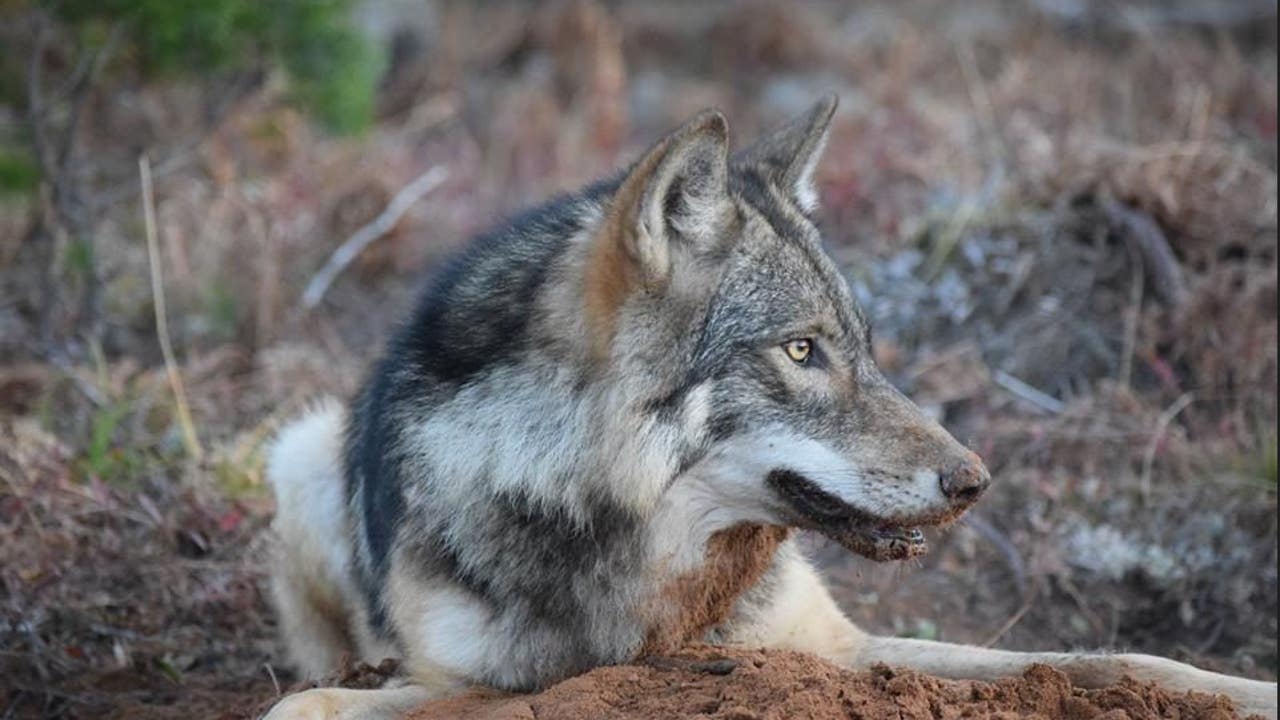 article
article
(FOX 2) – Isle Royale park staff made the decision to kill one of the wolves living on the island after it had grown too dependent on the campers visiting northern Lake Superior.
Despite measures to prevent the behavioral change, two wolves have become too comfortable with human encroachment on the island.
Big picture view:
National Park Staff at Isle Royale National Park killed a wolf that had grown too comfortable with campers visiting the island.
Managers of the remote island made the decision after noting the wolves had grown reliant on human food sources and had been spotted dragging away food storage bags and backpacks “at numerous campsites.”
Staff said in a news release on Friday that at least two “problem wolves” had been identified after a series of escalating interactions reported by park visitors.
The decision to kill one of the wolves was made in August.
Dig deeper:
The wolves grew too familiar with visits by humans despite several efforts to avoid wildlife growing to conditioned to the campers on the island.
The measures went into effect in the summer of 2024.
That included Aversive conditioning, changing how waste is managed on the island, and deploying new rules around storing food. The wolves “continued to display escalating boldness around visitors, campsites, and staff housing areas.”
In August, staff consulted with the state, federal, and triable agencies to lethally remove a wolf from the park.
What they’re saying:
Isle Royale Superintendent Denice Swanke said the priority of NPS was to ensure visitors and staff were safe while protecint wildlife’s “natural state.”
“While lethal removal is deeply unfortunate, it became necessary due to a growing public safety risk. All who appreciate and enjoy Isle Royale National Park need to understand the importance of adherence and vigilance to food storage regulations and our collective role in minimizing negative human-wildlife interactions.”
The backstory:
The wolves living on Isle Roayle are among those that were transported to the island after years of its population declining. Nineteen wolves were brought to the park in 2018 and 2019 from Minnesota, Ontario, and Michigan’s Upper Peninsula.
Before the decision, there were only two wolves living on the island.
Health problems from inbreeding caused a die-off that left the remaining pair a few years ago, leading park officials to authorize an airlift of mainland replacements. Wolves play a crucial role in balancing the island ecosystem by preying on moose, which browse heavily on balsam fir and other plants.
The Source: A news release from the National Park Service staff and previous news reports were cited for this story.

